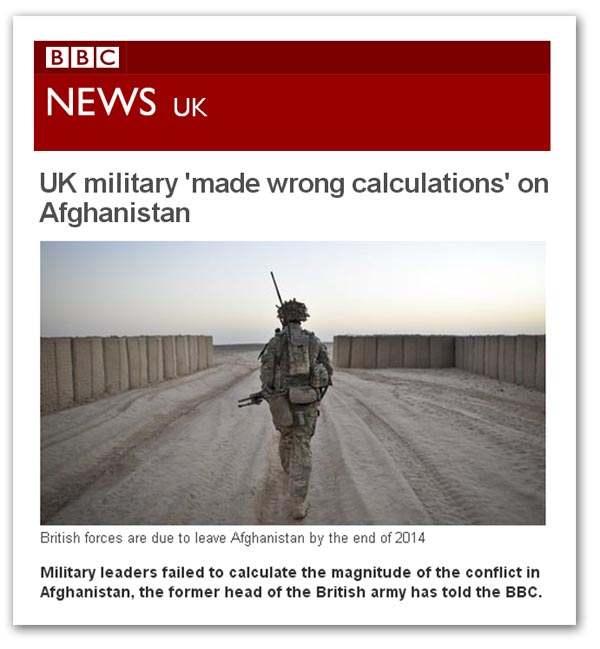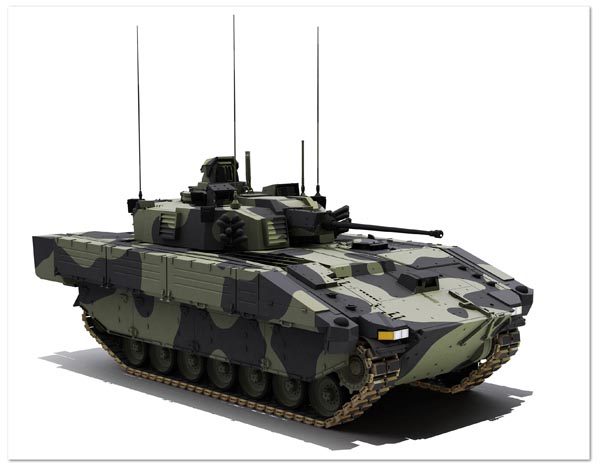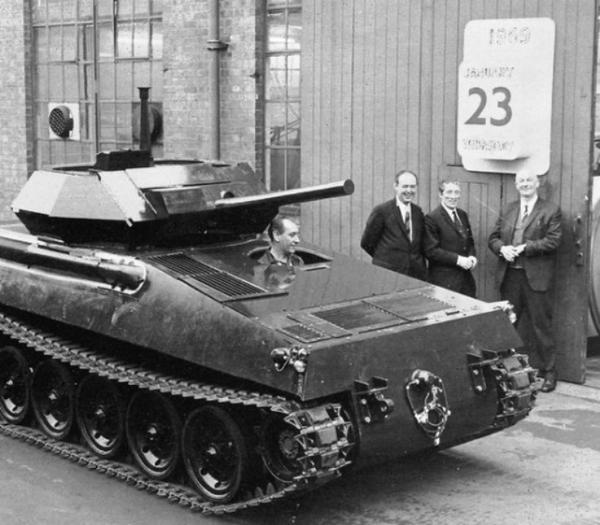Suddenly in the news again is Afghanistan, with the BBC trailing its programme, "The Lion's Last Roar", to be shown on BBC 2 on 26 October.
Then, it seems, we are supposed to go through the charade of watching the dismal breed of men that have been taking money under false pretences as Army generals, admitting to their mistakes in Afghanistan. And that is more than five years after they had become obvious to anyone with more than two brain cells to rub together.
It was, for instance, on Monday 17 August 2009 that we wrote:
… As we have watched the train wreck that masquerades as strategy in this benighted country, we have become more and more convinced that it is wrong – totally, completely, fundamentally wrong.And now, those five years later, we have the BBC telling us that: "Military leaders failed to calculate the magnitude of the conflict in Afghanistan", with Gen. Wall admitting they "got it wrong". "We had put forward a plan saying that for the limited objectives that we had set ourselves, this was a reasonable force. And I freely admit now, that calculus was wrong", Wall says.
It cannot succeed. It will not succeed and the inevitable outcome is that, after the expenditure of much more of our treasure – which we can ill-afford – and the death of many more fine men (and, probably, some women), we will be forced into a humiliating retreat, dressed up as victory, leaving the country in no better a condition than when we found it – if not worse.
Yet Dannatt, CGS from 2006 to 2009 – and possibly the worst head of the Army we've had in living memory – is still more interested in covering his back.
Having completely misread the tactical position in both Iraq – where he thought the military effort could be scale down at the height of the insurgency – and in Afghanistan, where he thought he could Hoover up the Taliban with fast-moving squads of men in eight-wheeler mine-trap APCs – now has the gall to tell us:
Looking back we probably should have realised, maybe I should realised, that the circumstances in Iraq were such that the assumption that we would get down to just 1,000 or 1,500 soldiers by summer 2006 was flawed - it was running at many thousands.Then we have the commander of the British forces in Helmand in 2006, Brig Ed Butler, saying: "We were underprepared, we were under-resourced, and most importantly, we didn't have a clear and achievable strategy to deliver success".
We called it the perfect storm, because we knew that we were heading for two considerable size operations and we really only had the organisation and manpower for one.
And therefore perhaps we should have revisited the decision that we the UK would lead an enlarged mission in southern Afghanistan in 2006. Perhaps we should have done that. We didn't do that.
It is all very well having these ex post facto confessionals, but the point is – as we have argued here again and again - it was obvious at the time that the campaign was failing and was doomed to failure. So obvious was it that, in July 2008, we wrote a 12-part analysis called "Winning the War", setting out why we thought things were going wrong.
Now for these highly-paid incompetents to be admitting that they got things wrong, when they were paid to get it right – and amply rewarded with rank, baubles and privileges for so doing – is simply not good enough.
But the worst of it is that nothing will change. It has only taken the Army five years as a corporate body to convince itself that it scored a stunning victory in Iraq, despite the evidence I record in Ministry of Defeat. By the time the whitewash machine has completed its work, the Army will emerge unblemished from Afghanistan as well.
And nor do I buy the Oborne line that this was a case of "Lions led by donkeys". For sure, amongst the very small fraction of troops in theatre who actually saw combat, there were some amazingly brave people. But there were crass, ill-informed decisions made at all levels, and by all arms.
In terms of the bigger picture, in every theatre in recent times, the Army has been badly led, badly generalled and has under-performed. One warms to the idea of slashing the Armed Forces to the bare minimum. At least then our politicians will no longer be tempted to deploy them. We simply cannot afford any more of these corporate "victories" that the Army insists on delivering.
FORUM THREAD


